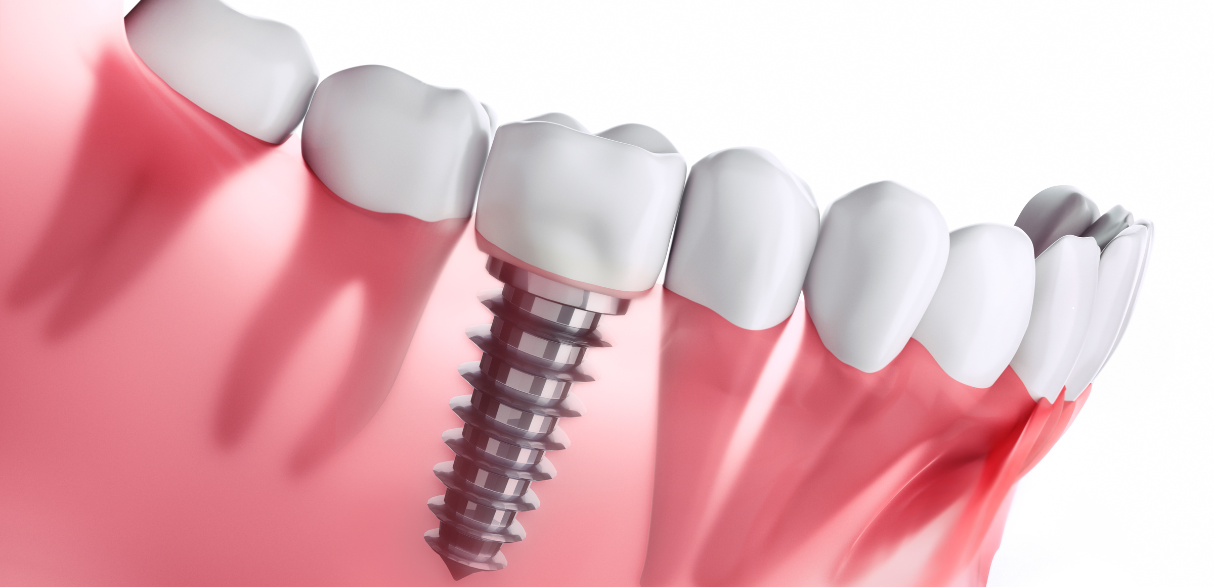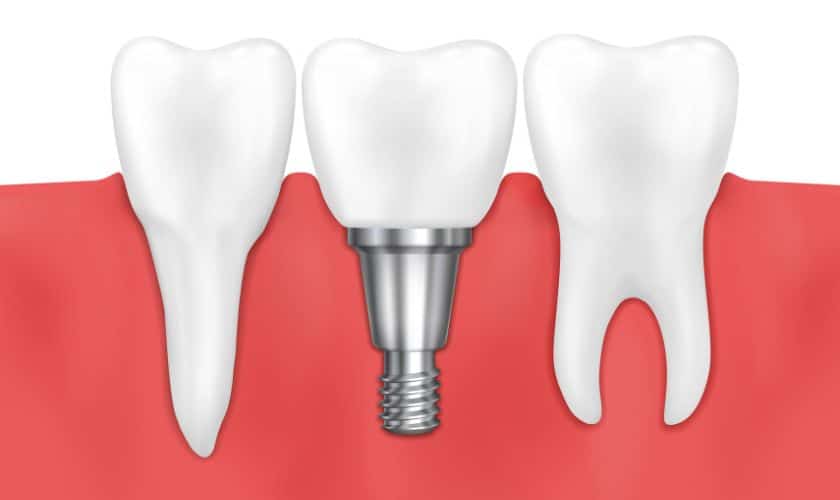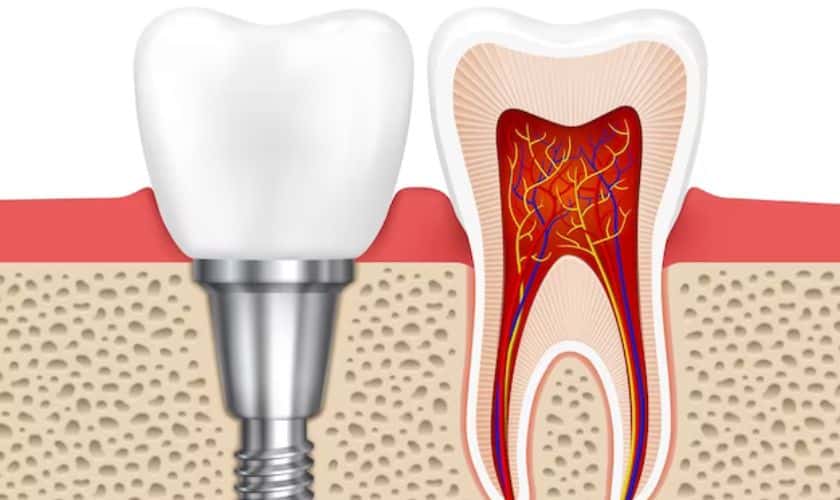So, you’ve decided to restore your smile with dental implants. Congratulations! This marks an exciting step towards regaining confidence and improving oral health. However, before you embark on this journey, it’s crucial to understand the necessary preparations and considerations for a successful dental implant procedure.
Initial Consultation: Setting the Foundation
The first step in preparing for dental implants is scheduling an initial consultation with a qualified dentist or oral surgeon. During this visit, the dentist will assess your oral health, review your medical history, and discuss your specific goals and expectations. This consultation is essential for developing a personalized treatment plan tailored to your needs.
A comprehensive examination, including X-rays or CT scans, helps the dentist evaluate the condition of your jawbone and surrounding structures. This evaluation determines whether you are a suitable candidate for dental implants and helps identify any potential challenges that may need to be addressed before proceeding.
Addressing Pre-existing Dental Issues
Before undergoing dental implant surgery, it’s essential to address any pre-existing dental issues. This may include treating gum disease, repairing decayed teeth, or extracting severely damaged teeth that cannot be saved. A healthy oral environment is critical for the success of dental implants, as it minimizes the risk of complications during and after the procedure.
Your dentist may recommend additional treatments, such as bone grafting if there is insufficient bone density in the jaw to support the implants. This procedure helps strengthen the jawbone and create a stable foundation for successful implant placement.
Customized Treatment Plan: Mapping Out the Journey
Once the initial evaluation is complete and any necessary treatments are addressed, your dentist will create a customized treatment plan specifically tailored to your needs. This plan outlines the sequence of procedures, estimated timeline, and associated costs. Clear communication and transparency are key during this phase to ensure you are fully informed and comfortable with the proposed treatment.
During the treatment planning stage, your dentist will discuss the different types of dental implants available, including materials and designs. Together, you will decide on the most suitable option based on factors such as aesthetics, durability, and long-term maintenance.
Preparing for the Surgical Procedure
As your treatment plan takes shape, you’ll receive detailed instructions on how to prepare for the surgical procedure. This may involve lifestyle adjustments, such as quitting smoking or avoiding certain medications that can interfere with the healing process. Your dentist will guide pre-operative care to optimize your oral health and minimize risks during surgery.
On the day of the procedure, make arrangements for transportation to and from the dental office, as you may not be able to drive immediately after undergoing sedation or anesthesia. Dress comfortably and follow any specific guidelines provided by your dentist regarding fasting or hydration prior to surgery.
Post-Procedure Care and Recovery
After dental implants are surgically placed, diligent post-operative care is essential for successful healing and integration with the jawbone. Your dentist will provide detailed instructions on how to care for the surgical site, manage discomfort, and prevent complications such as infection.
During the initial recovery period, stick to a soft diet and avoid putting excessive pressure on the implant area. Attend follow-up appointments as scheduled so that your dentist can monitor your progress and address any concerns promptly. Be patient during the healing process, as it may take several months for the implants to integrate and become stable fully.
Long-Term Maintenance: Protecting Your Investment
Once your dental implants have fully healed and integrated, maintaining good oral hygiene is crucial for their long-term success. Brush and floss regularly, and schedule routine dental check-ups to ensure the health of your implants and surrounding teeth. Your dentist may recommend additional preventive measures, such as using mouthguards for sports or night guards for teeth grinding, to protect your investment in dental implants.
By following these steps and considerations, you can significantly increase the likelihood of a successful dental implant procedure and enjoy the benefits of a restored smile for years to come.
If you’re considering dental implants and seeking a reputable dentist in Los Angeles, contact our office today to schedule a consultation. Our team is committed to providing personalized care and exceptional results to help you achieve a healthy, confident smile.



